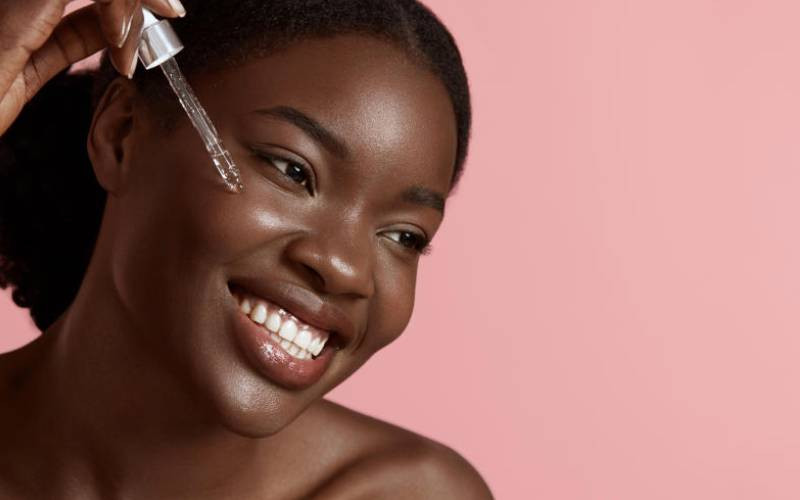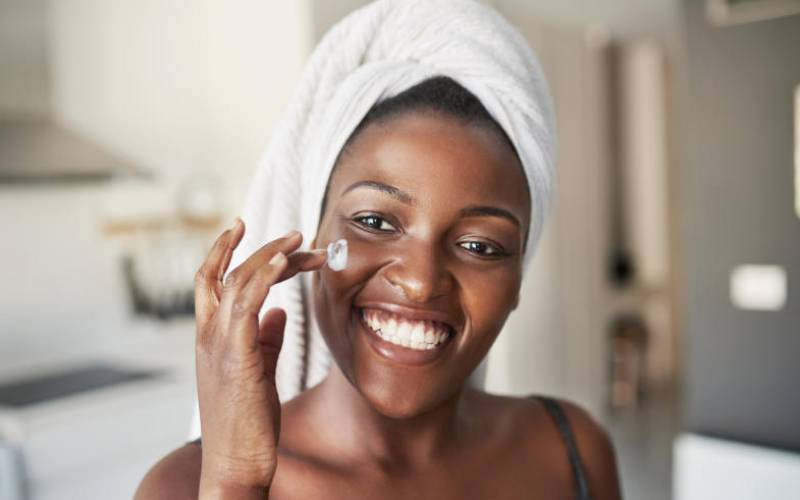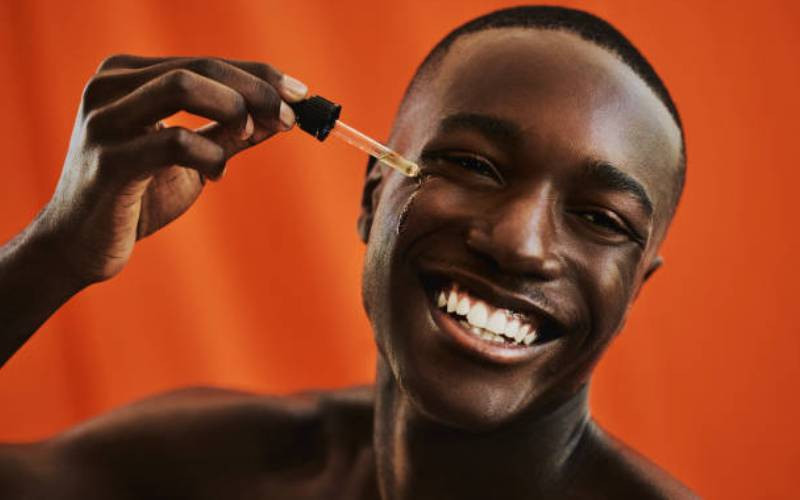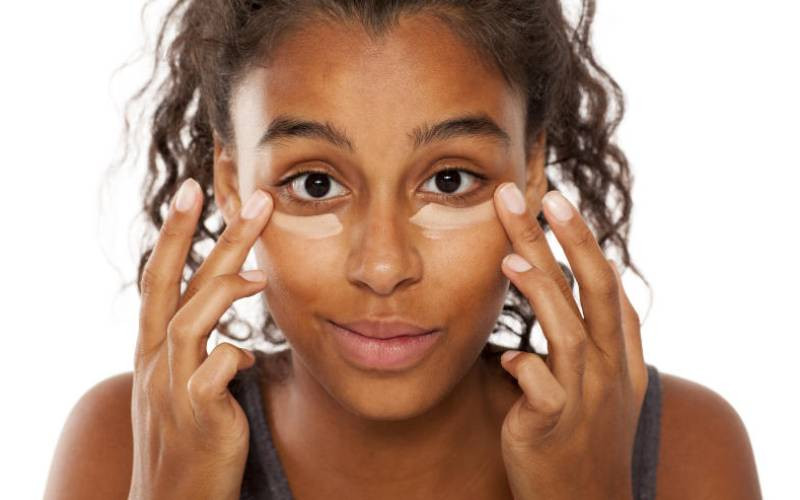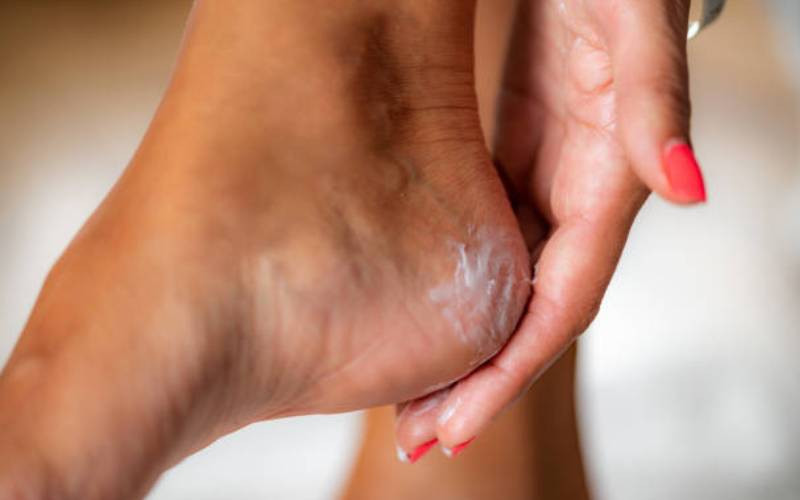
Anti-aging skincare is a billion-dollar industry. And anybody can tell why – today’s society is obsessed with a youthful appearance. The market is flooded with many anti-aging products, each claiming to be the elixir of youth.
But the hard truth is that there are only a few skincare ingredients that are scientifically proven to have anti-aging benefits. Even with those ingredients, there’s nothing that can fully halt, prevent, or reverse the normal and natural process of aging.
In addition, the rate at which your skin shows signs of aging depends on other factors such as genetics, your general health, your environment and your skincare habits.
Don’t be duped by products that ask you to shell out obscene amounts of money for the essence of a rare flower or diamond-infused portions. Your best bet when it comes to anti-aging is to go with ingredients that are well-researched and proven to counter and prevents signs of premature aging.
With that in mind, here are a few of the most powerful and readily available anti-aging to look out for in your skincare products:
Sunscreen
Applying sunscreen daily is one of the best things you can do to prevent fine lines and wrinkles. Remember, when it comes to anti-aging skincare, prevention is key.
Sunscreen might not be glamorous skincare product but its effectiveness has been extensively researched and proven. The active ingredient in sunscreen, such as titanium dioxide or zinc oxide protect the skin by deflecting harmful UVA and UVB rays from the sun.
Without the benefit of sunscreen, these ultraviolet rays penetrate into the skin, damaging the elastic fibres that keep skin supple and youthful. Experts estimate that 90% of aging is caused by exposure to the sun’s rays.
Without sunscreen, the benefits of any other products you apply will be counteracted by sun damage. Dermatologists recommend going for mineral instead of chemical sunscreens, especially if you have sensitive skin.
Mineral sunscreens are those that contain either zinc oxide or titanium dioxide – and sometimes both. These ingredients protect your skin by physically blocking and reflecting UV light. On the other hand, chemical sunscreens absorb UV light and then release it as heat.
Retinol Creams
A form of vitamin A, topically-applied retinoids speed up your skin’s cell turnover process. This means your cells will heal faster and you will shed dead skin cells more quickly. It helps tackle issues such as fine lines, wrinkles, dark spots, and acne.
Research shows that retinol also helps boost collagen production, reducing signs of aging on your skin. Other benefits you will derive from your retinoid cream include improving discolouration and evening out your skin tone.
While retinol is popular in anti-aging products, it has gained a bad reputation for being too harsh. New users often complain of dryness, itching, redness, and increased sensitivity. To avoid irritation from retinoid creams, start with lower concentrations. It is also important to find retinoid creams that incorporate soothing ingredients and strengthen the moisture barrier.

Vitamin C
Antioxidants such as vitamin C are among the best anti-aging skincare ingredients. The vitamin works well with sunscreen to protect the skin from UV rays and free radical damage. It helps build collagen and can help superficial cells deal with discolouration.
While it is easily available, Vitamin C is a tricky ingredient to use for skincare. It is very sensitive to light – only buy formulations that are package in air-tight and opaque containers to avoid degrading of the active ingredient.
You will notice that it comes in different concentrations ranging from 5 to 30%. With this in mind, the effectiveness and side effects of formulations will vary greatly. If you have dry or sensitive skin, go for lower concentrations to avoid irritation. If you have oily skin or extensive pigmentation issues, try higher formulations.
Dermatologists say that the benefits of vitamin C serums start to plateau at 20% concentration. Therefore, there’s no need to go for formulations that have concentrations higher than that.
Niacinamide
An increasingly popular ingredient niacinamide should be on top of your lit of anti-aging ingredients. It is a form of vitamin B3 that helps fight free radical damage, managing acne, and brightening dark spots. And unlike many other ingredients that promise to brighten your skin, niacinamide comes with fewer side effects and irritation.
A 2004 study published in the Journal of Cosmetic Science reported significant improvements on pigmentation spots, fine lines and wrinkles in patients using moisturizer containing 5% niacinamide for twelve weeks. While it isn’t as effective as retinoids and vitamin C in fighting wrinkles, it is much gentler. Niacinamide is, therefore, highly recommended for people with sensitive skin.
Other great skincare ingredients to look out for include AHAs, BHAs, peptides, and ceramides. Armed with any or several of these ingredients, you will be ready to fight signs of aging such as fine lines, wrinkles, and sun spots.
 The Standard Group Plc is a multi-media organization with investments in media platforms spanning newspaper print
operations, television, radio broadcasting, digital and online services. The Standard Group is recognized as a
leading multi-media house in Kenya with a key influence in matters of national and international interest.
The Standard Group Plc is a multi-media organization with investments in media platforms spanning newspaper print
operations, television, radio broadcasting, digital and online services. The Standard Group is recognized as a
leading multi-media house in Kenya with a key influence in matters of national and international interest.

